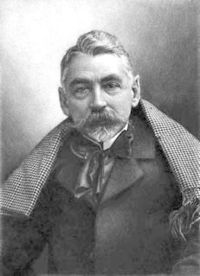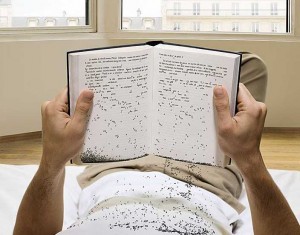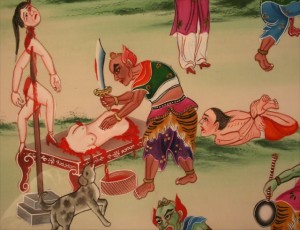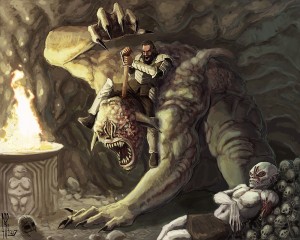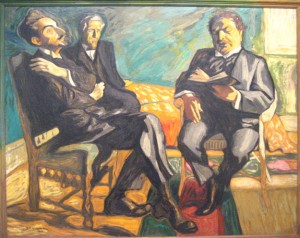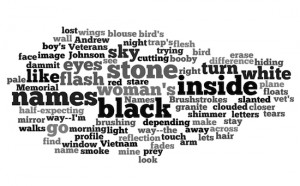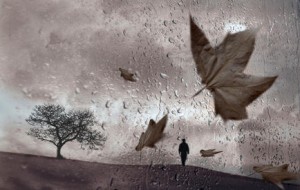 It’s easy to give up. I did, after a year of blogging, simply stopped. Somehow my lack of sleep and the storm outside make me feel isolated from the world. The house is quiet. The cats are curled up next to the heater, burning their fur and noses. Hello!
It’s easy to give up. I did, after a year of blogging, simply stopped. Somehow my lack of sleep and the storm outside make me feel isolated from the world. The house is quiet. The cats are curled up next to the heater, burning their fur and noses. Hello!
This is not just another winter. The end of the world came and went. We wondered, rejoiced, and also wept for the dead children in Newtown. The meaning of Christmas, however, is still shopping.
Christmas dinner: everyone has some kind of diet restrictions.
When I was young I didn’t care to go home for the holidays. Now I miss my children but understand that they have to share their time with others. We play musical chairs.
Tying up loose ends. Binding books. The year is all in the poetry.
Image from fotolia.com

